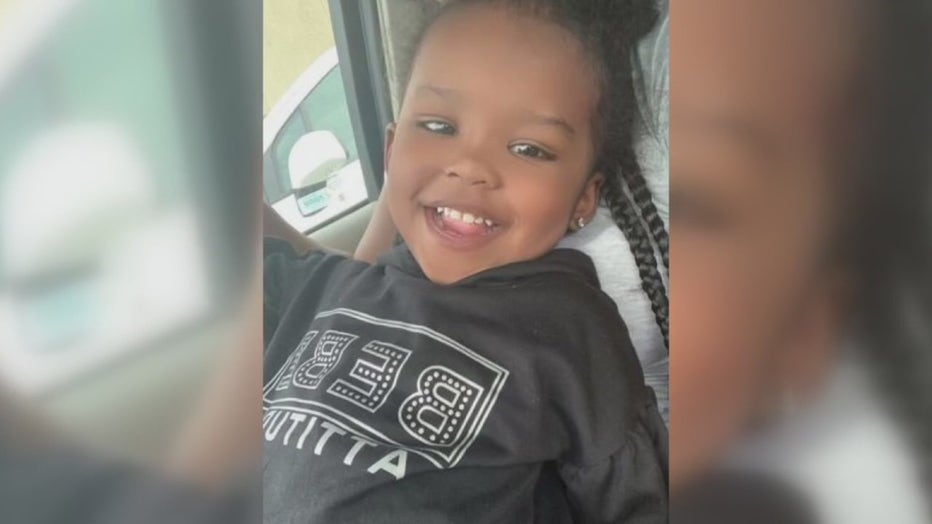Expert: Cases like Wynter Smith's can cause second-hand grief
FOX 2 (WJBK) - The heads of local and federal law enforcement delivered unthinkable news on Thursday night. You could see the heartbreak on their faces as they talked about the death of missing 2 year old, Wynter Smith.
"Even though they’re law enforcement; even though they’re the doctors, even though they’re the medical examiners, they’re people first," Dr. Sabrina Jackson said. "Yes, they have to deal with the trauma they’re experiencing. Their trauma is very different because they’re seeing it."
The tragic end to this days-long Amber Alert was a gut punch to everyone who followed this case. Everyone from her immediate family, to police, to our own communities.
Dr. Jackson even said she needed a moment after she heard the news.
"In the pit of my stomach, I was upset," she said.
She spoke about second-hand trauma, which she explained is significant among first responders.
This type of trauma comes at the cost of caring for a stressful situation.
Doctor Sabrina says you have to confront those feelings of grief.
"So, we have to kind of take a breath. If we feel like crying, cry. If we feel like screaming, scream. If we feel like jumping, jump," Jackson said. "Because whatever that feeling is in that mourning state, that’s what that is — mourning, is our outer expression of the sadness."
When asked what the best way is to show support to someone who is grieving, Jackson gave her advice.
"Ask them what they need," she said. "Sometimes, it’s not ‘I understand how you feel,’ no you don’t want to go there. ‘I know what you’re going through. So just be there."

Wynter Smith

